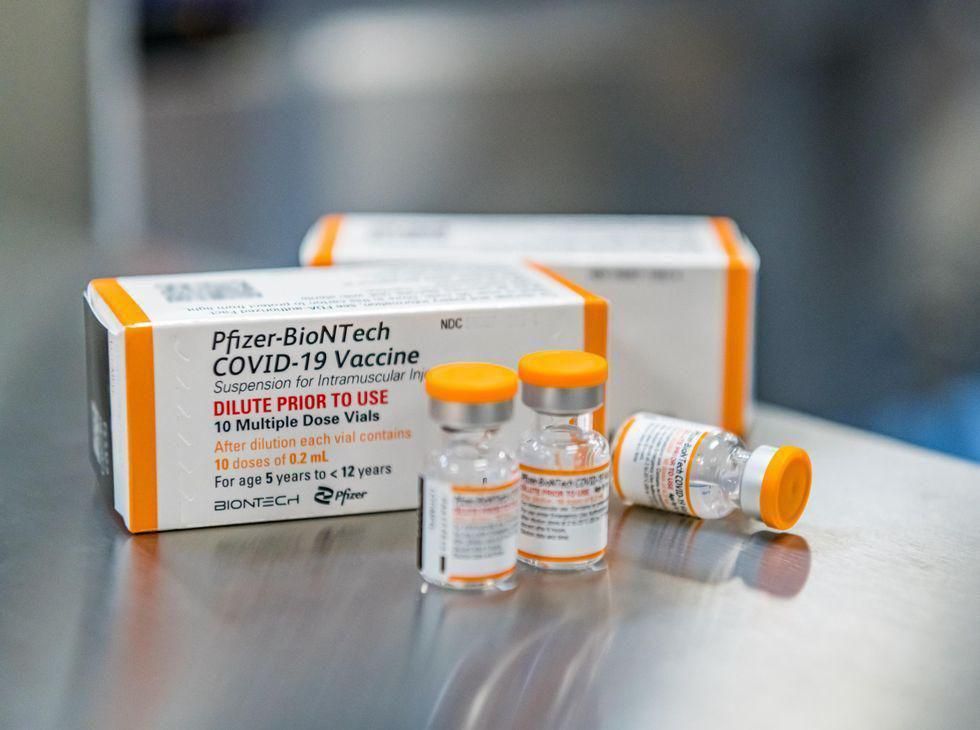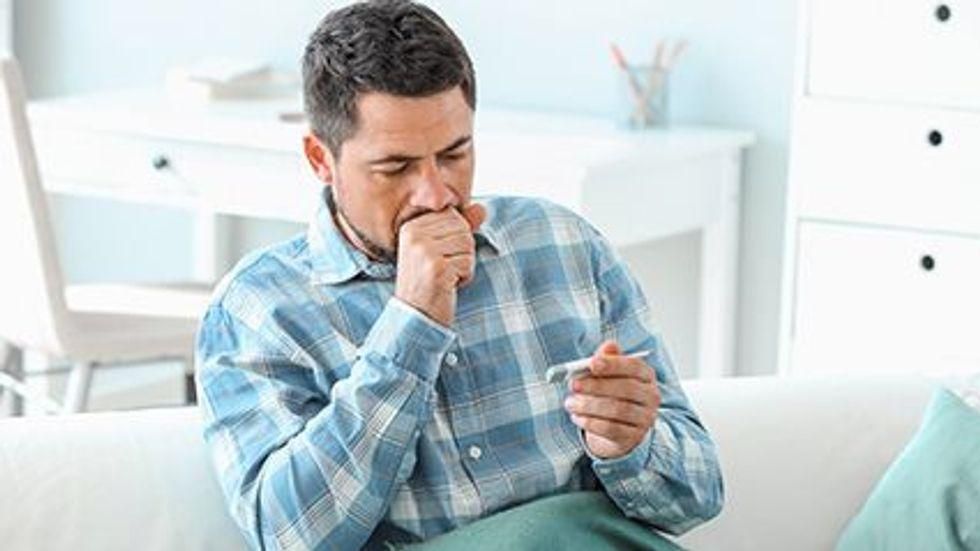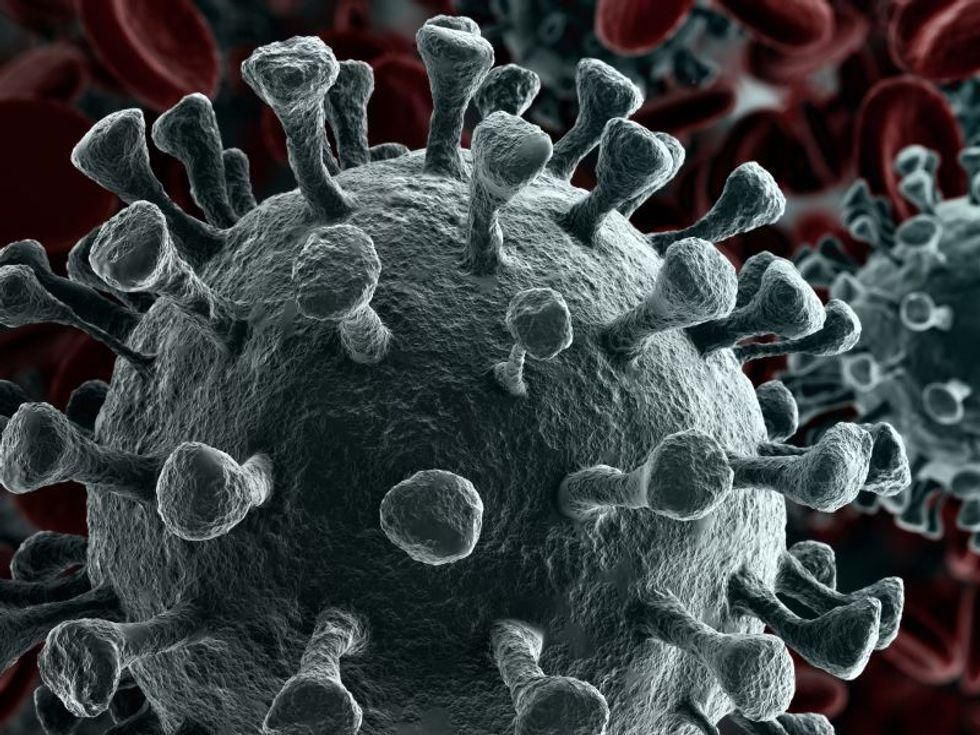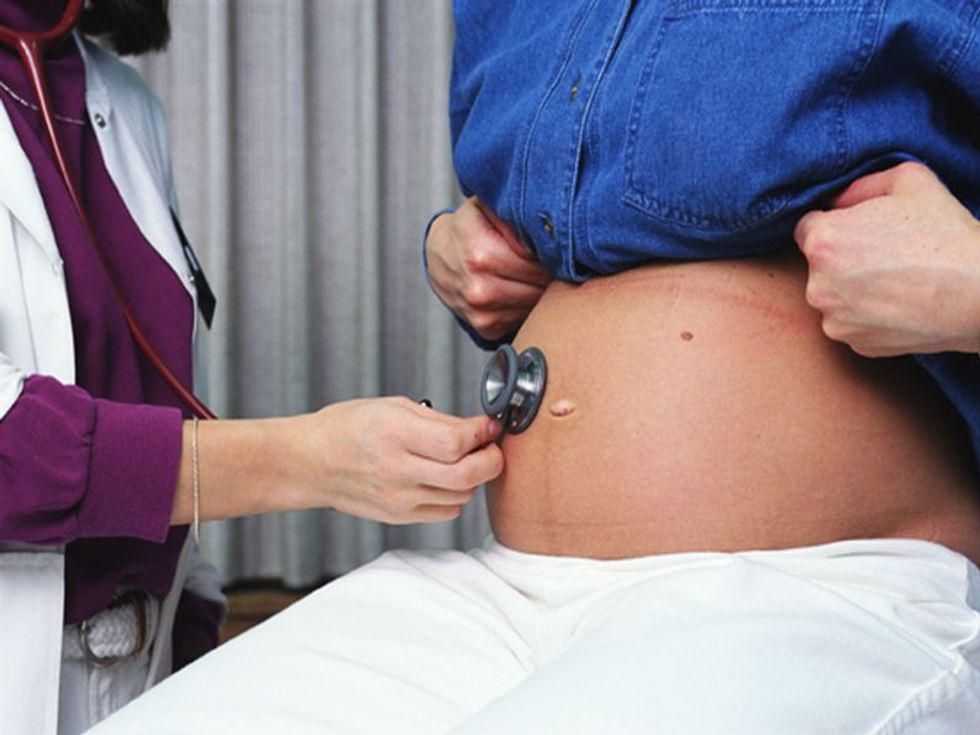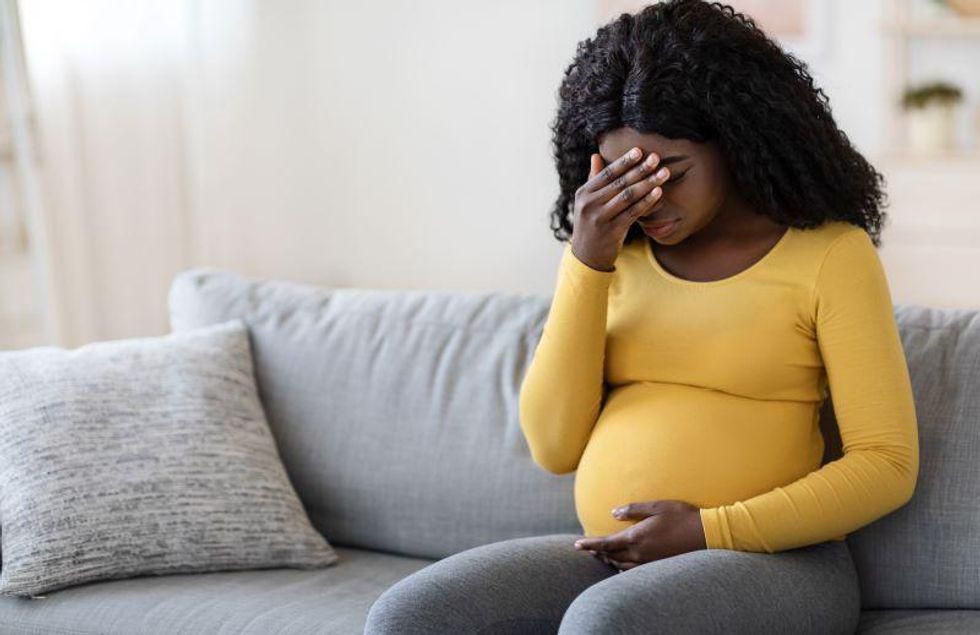
An Arizona man infected his dog and cat with the new coronavirus, according to a new case study that researchers say is the first in the United States to use genetics to document such transmission. The owner wasn’t vaccinated, did little to protect his pets, and had houseguests who weren’t vaccinated. The owner recovered from… read on > read on >










